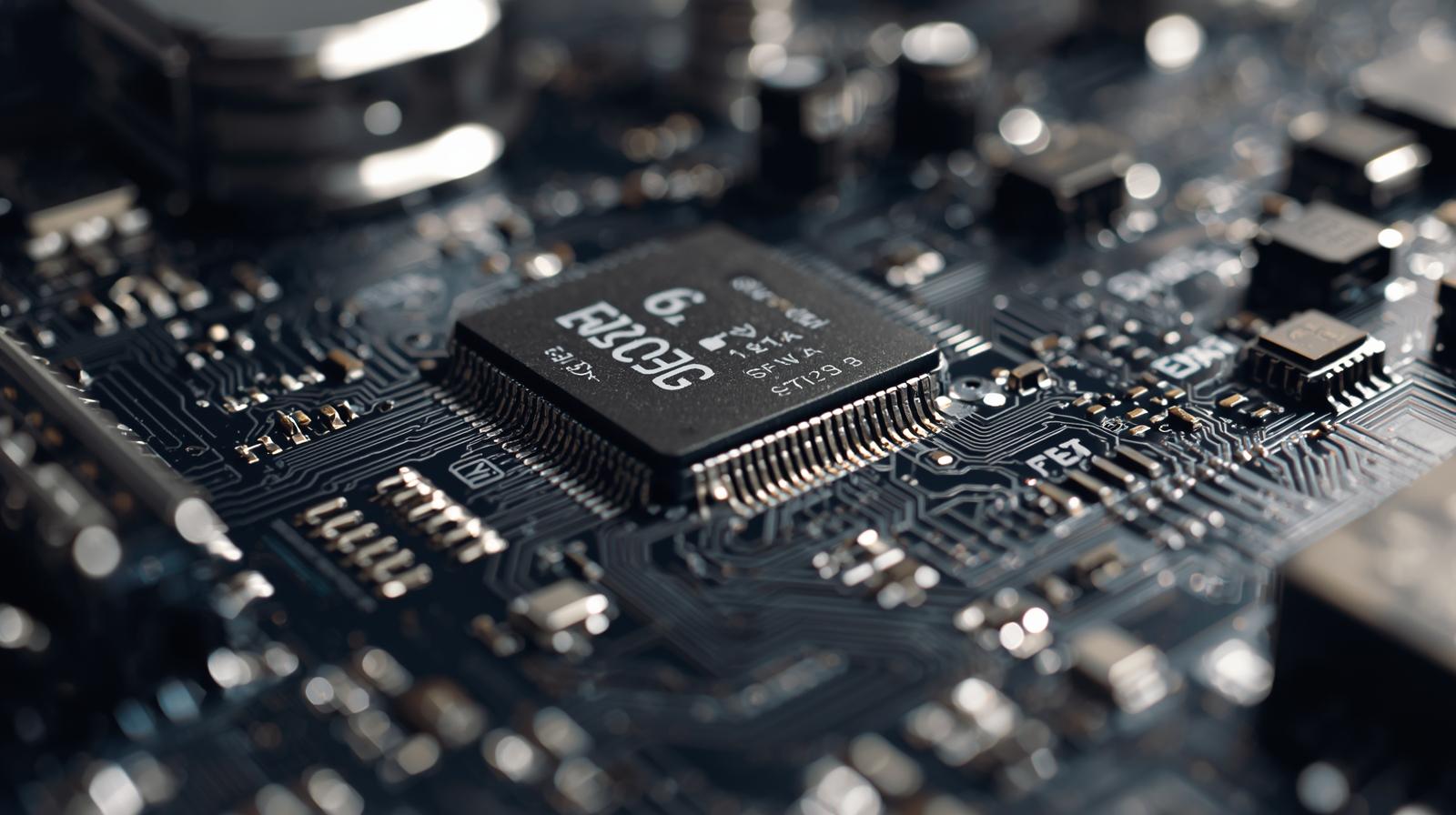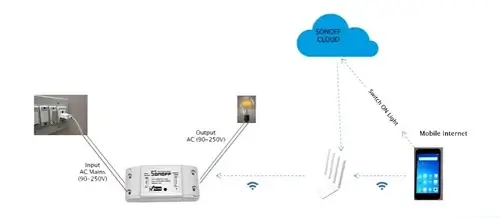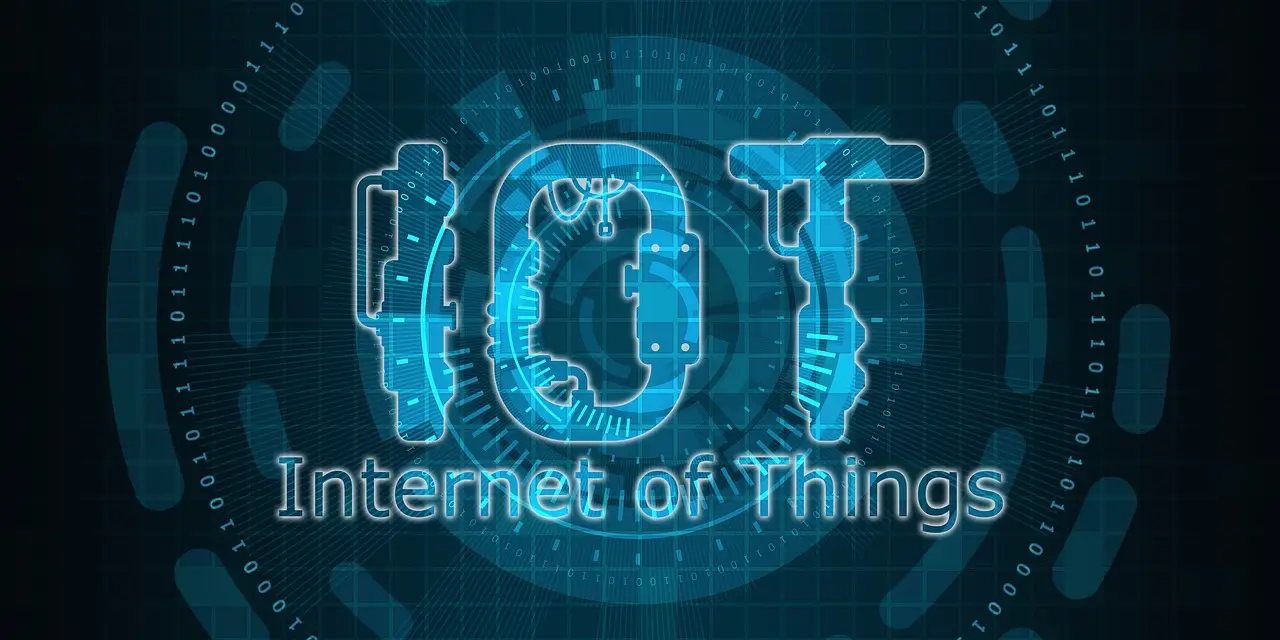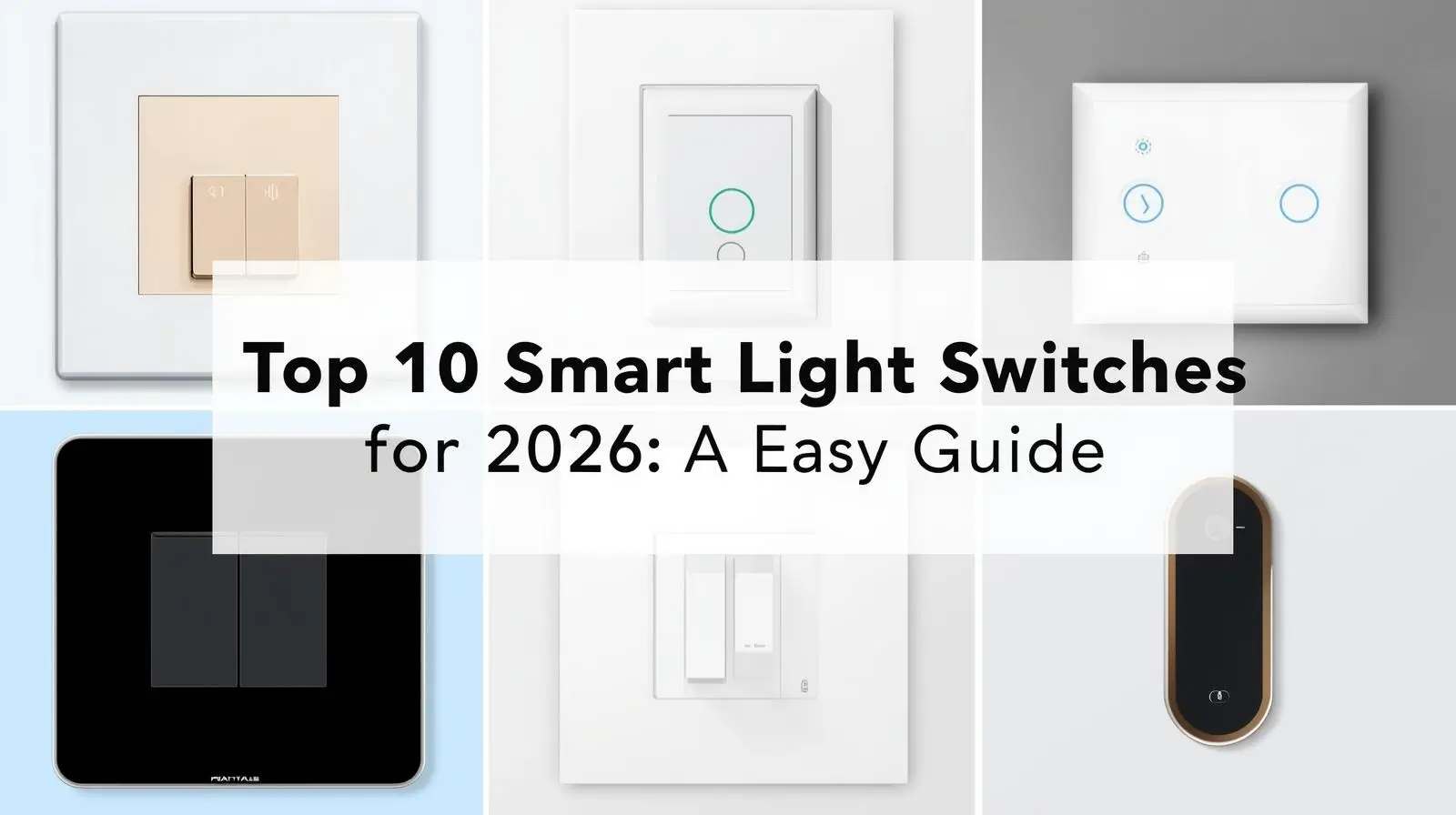Picture this: there I was, gazing at a tiny speck of metal and silicon on my workbench, trying to wrap my head around how this minuscule contraption could be the mastermind behind so many modern-day marvels. We're talking about microcontrollers — those little champions that quietly run your washing machine, orchestrate your coffee maker, and even power up your fitness band. Let me take you on a journey into their incredible universe. Grab your drink of choice; we're in for a fun exploration!
What Exactly is a Microcontroller?
If you've ever imagined your dishwasher having its own brain that customizes each wash just for your dishes — well, you're not far off! That's pretty much what a microcontroller does. It's like having a teeny-tiny computer designed for one very specific task within an embedded system, combining a processor, memory, and several input/output capabilities all snugly packed into one compact chip.
The Nitty-Gritty Details
Let's get geeky for a moment (bear with me!). Think of a microcontroller as the brainbox inside countless gadgets around us. It has its own thinking cap (processor), keeps short-term notes (memory), and uses ports to chat with the external world. If you've ever played with an Arduino or Raspberry Pi board, you’ve witnessed these in action—processing sensor inputs and controlling outputs based on given instructions.
Why Should You Bother?
You might be wondering why anyone would need to understand these pint-sized geniuses unless you’re plotting to build the next robot revolution in your backyard (which sounds pretty thrilling!). Grasping how microcontrollers work can open doors to endless DIY escapades while demystifying everyday technology that surrounds us. Trust me; once you experience the magic firsthand, it's like spotting hidden secrets in plain sight!
A Personal Touchstone
I'll never forget the thrill when I first programmed an LED light to blink using an Arduino board. The sheer joy of watching it glow because I commanded it was electrifying—like pulling off my very own magic trick! If you've yet to try such projects yourself, I'll wager they’re more satisfying than finishing an epic book series.
Diving Into Microcontroller Adventure
If your curiosity is piqued and you're ready for some hands-on discovery time with these tech wonders—start simple by grabbing yourself an Arduino starter kit! These kits offer everything you'll need—from connectors and LEDs down to breadboards—as good as handing over keys toward exploring any DIY electronics realm.
- Keep it basic initially: Make that LED blink or perhaps experiment running temperature sensors.
- Learn online: Platforms like Coursera or Udemy provide fantastic introductory courses for beginners in microcontrollers design—the perfect starting point if you ask me!
- Engage communities: Connect through forums such as Arduino’s community space or Reddit's famous r/arduino subreddit offering valuable tips plus all kinds of troubleshooting support possible during adventuresome journeys ahead.
The Future With Microcontrollers
This gets truly exciting now! As technology advances exponentially daily ensuring micro-controller roles become increasingly crucial throughout our lives—from futuristic smart homes anticipating needs before being requested onward right until healthcare innovations monitoring vital statistics constantly—all thanks goes unto mighty micros saving scenes continuously! Get abreast already today—it ensures thriving alongside upcoming technological trends looming largest tomorrow… believe THIS!
A Thoughtful Glance Backward
I often ponder where we came from technologically—from room-filling computational behemoths yesteryear then forward finally reaching portable handheld devices housing similar powers now—isn't progress staggering? Micro-Controllers play pivotal parts therein rendering technology accessible yet practical across myriad facets hardly appreciated enough regularly.




